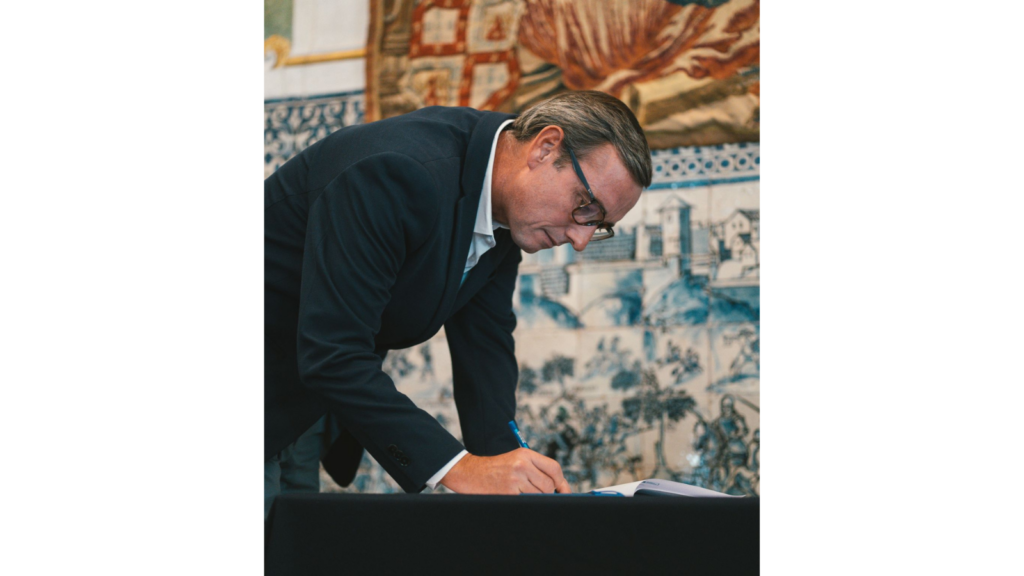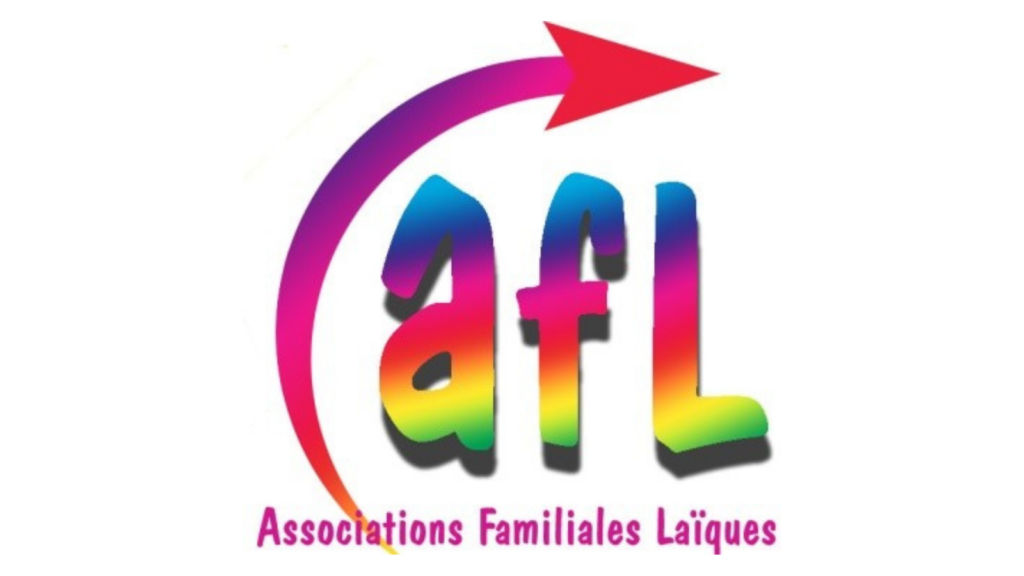The 24th of March 2022 marks the first anniversary of the European Commission’s proposal to set up a European Child Guarantee. The proposal signed a landmark step forward in the legislative process that culminated with the Council’s unanimous adoption of the Child Guarantee Recommendation in June 2021.
By calling on the EU Member States to guarantee access to basic rights and services for children in need, the Child Guarantee represents a pivotal and timely instrument to enhance the protection of children experiencing poverty and social exclusion. Moreover, it lays the foundation for a stronger social and equity-driven Europe.
Over the last months, it has been up to each EU Member State to draw up their Child Guarantee national action plans to outline how the framework will concretely be implemented in their respective countries until 2030. The national action plans were expected to be submitted by the 15th of March 2022, but at the time of publication of this statement, the European Commission received only ONE complete plan and THREE drafts.
We can only assume this is because of the national authorities revising the plans to account for the social consequences linked to the war in Ukraine. Indeed, at this critical time, each Member State must ensure that the national action plans also include support and protection for all children fleeing Ukraine. However, any further prolonged delay of the submission of the national action plans is of deep concern, negatively impacting the children and the entire society.
With this statement, the EU Alliance for Investing in Children (Alliance) aims to demand immediate attention to the delays in submitting the national action plans and offer key recommendations on the Child Guarantee and its upcoming implementation.
Reinforcing the recommendations raised in our latest statement, the Alliance urges the EU Member States to:
A) Submit, without further delay, ambitious and comprehensive Child Guarantee national action plans
Eurostat’s latest data shows that one in four children in the EU grows up at risk of poverty and social exclusion, with some EU states far much worse than the EU average. For some groups, such as Roma children, the ratio is one in three. And yet, these figures do not fully reflect the detrimental, far-reaching, and prolonged effects that the COVID-19 pandemic is having on the social fabric of each Member State and, consequently, on their most vulnerable community members, such as children and their families.
An ambitious and comprehensive EU framework to protect children in need and ensure equal access to key services is more urgent than ever. The EU cannot afford to lose the political momentum created by the Child Guarantee and the adoption of the EU Child Rights Strategy. To avoid the long-term consequences of failing our children, significant efforts are needed now to support vulnerable children and families. Thus, Member States need to capitalise on the Child Guarantee by mobilising national and EU resources and tackle and overcome the challenges children experience daily all over the Union.
The Alliance thus calls EU Member States to:
- Submit their Child Guarantee national action plans without further delay demonstrating that they are living up to their political commitments and ensuring that no child is left
- Make the Child Guarantee national action plans publicly available on national government websites to ensure complete openness and transparency of the Child Guarantee implementation process.
B) Engage with multispectral stakeholders, children, and parents, for the finalisation, implementation, and assessment of the Child Guarantee national action plans
The Child Guarantee Recommendation clearly emphasises the critical importance for the EU Member States to engage with a wide variety of stakeholders while designing, implementing, monitoring, and evaluating the Child Guarantee national action plans. Regrettably, over the past months, numerous national members of the Alliance have denounced a stark absence of meaningful participation processes and a worrying lack of transparency in drafting the national action plans.
Furthermore, even at this time, civil society organisations (CSOs) do not have access to the few plans submitted by the EU Member States to the European Commission. This seems to entail that stakeholders might have access to the final version of the plans only after the revision of the European Commission and the adoption of the documents at the national legislative level.
The Alliance believes that CSOs should be consulted throughout the entire process to ensure the drafting of robust and successful plans. Inclusion of CSOs and other stakeholders at all levels and all stages of policy-design processes is a basic democratic process; specific outreach measures are needed to ensure that the children listed as target groups of the Child Guarantee, and the CSOs that represent and support them, are explicitly involved. Otherwise, the plans risk not reflecting the reality experienced on the ground and ignoring the voices of those children that participation mechanisms often fail to reach.
Once again, the Alliance calls upon EU Member States and Institutions to:
- Promote the meaningful involvement of civil society organisations, children, as well as parents and parent and families’ associations at national, regional, and local levels in the design, implementation, monitoring, and evaluation of the Child Guarantee national action plans and relevant frameworks developed as part of these plans and the bi-annual reporting of EU Member States to the European Commission.
- Ensure that the participation of these stakeholders is continuous, representative, and transparent. Discussion points and documents which are part of the consultation meetings should be shared with the stakeholders well in advance, conclusions of the meetings should be made publicly available, and stakeholders should be informed about the outcomes of the consultations and the decisions being made as part of these consultations.
- Establish formalised mechanisms that promote children’s meaningful and rights-based participation in decision-making that affect their lives. In particular, develop structures to promote the meaningful participation of children in need in designing, implementing, monitoring, and evaluating the Child Guarantee national action plans and relevant frameworks developed as part of these plans and in the bi-annual reporting of EU Member States to the European Commission. In addition, combat existing patterns of discrimination and adopt specific tools to create opportunities for marginalised, racialised, and discriminated children.
- Ensure that the Child Guarantee national action plans, relevant frameworks developed as part of these plans, and the bi-annual reporting of EU Member States to the European Commission include an overview and assessment of previous and upcoming stakeholders’ participation processes.
C) Allocate additional and adequate funding to cover the need of children and families fleeing from the war in Ukraine
The war in Ukraine is posing an immediate and enormous threat to the lives of millions of children and families in the country, neighbouring regions, and across the EU. The situation is spiraling out of control; heavy fighting, shelling, and airstrikes across Ukraine have had devastating consequences for children and families. A child from Ukraine has become a refugee almost every second of the war. As of 15 of March, more than 1.5 million children had fled Ukraine searching for safety and protection in neighbouring countries. These children are now at high risk of not having access to their basic needs and further falling victim to traffickers, abduction, violence, and exploitation.
The Alliance welcomes that the EU institutions are starting to respond to this unprecedented crisis, e.g. by activating the Temporary Protection Directive, proposing the Cohesion’s Action for Refugee in Europe (CARE) and planning to set up a solidarity platform to exchange information about reception capability.
Considering the fast deterioration of the conflict and the serious long-term consequences that it may entail, the Alliance calls on the EU Member States to step up their efforts in protecting children and their families:
- EU Member States should ensure that the Child Guarantee will support children fleeing Ukraine and seeking protection in EU Member States, irrespective of their migration status. Furthermore, it is vital that all children fleeing the war are treated equally, without any form of discrimination toward them, their families, or carers.
- EU Member States should allocate additional funding to protect children fleeing from Ukraine without diverting funds initially allocated to support other children in need. This should be done by mobilising strategically and comprehensively the various EU and national funds and taking full advantage of the new opportunities offered by the EU institutions, such as the CARE
- EU Member States should continue to protect children from other regions of the world seeking asylum in the Union by complying with their commitments under EU and international refugee law.
- EU Member States should ensure that the Child Guarantee national action plans will tackle the detrimental impact of the war on children and families already at risk of poverty and social exclusions within the EU, such as the alarming increase of energy and food poverty rates.
- EU Member States should promote family and community-based care over institutionalisation. The Child Guarantee should indeed reinforce preventive measures to support children and families, the transition from institutional to quality family and community-based care and ensure that no child is deprived of family or community-based care. Refugee children need the support and care of trusted adults to help them navigate the traumatic experiences they are going through. Member States should thus ensure the swift relocation of children deprived of family care to safe family-based alternative care settings and avoid the separation of siblings.
Endnote
The EU Alliance for Investing in Children has been advocating for a multidimensional, rights-based approach to tackling child poverty and promoting child well-being since 2014. This statement was endorsed by the following partner organisations of the Alliance:
- Alliance for Childhood
- ATD Fourth World
- Caritas Europa
- COFACE Families Europe
- Don Bosco International
- EAPN – European Anti-Poverty Network
- EASPD – European Association of Service Providers for Persons with Disabilities
- EuroHealthNet
- European Parents’ Association
- European Roma Grassroots Organisations (ERGO) Network
- Eurochild
- Eurodiaconia
- Hope and Homes for Children
- Learning for Well-being Foundation
- Lifelong Learning Platform
- Lumos
- Make Mothers Matter
- Red Cross EU Office
- Save the Children EU Office
- SOS Children’s Villages International
Contacts
- Ally Dunhill, Dunhill@eurochild.org, Head of Advocacy, Eurochild
- Enrico Tormen, Tormen@savethechildren.org, Advocacy Officer, Save the Children
Photo: ©Zurijeta via Canva.com





